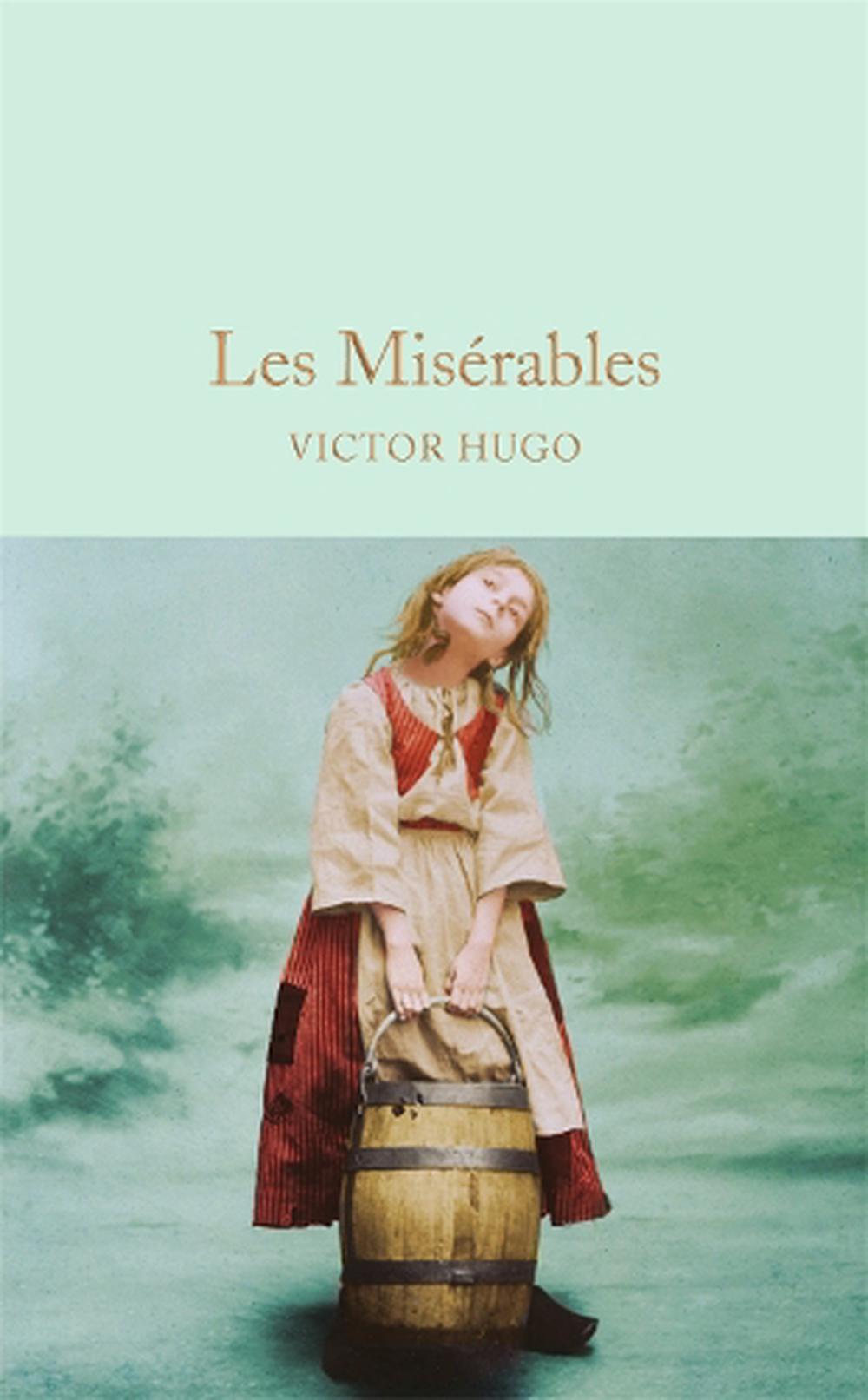

Thereafter, France reverted to a monarchy, in what’s known as the Restoration. Only in 1815 did his enemies, now in alliance, invade France and send him into exile-but he returned for a “Hundred Days” of renewed battle in 1815 before being definitively defeated at the Battle of Waterloo. He embarked on multiple military campaigns with the ultimate goal of conquering all of Europe. In 1799 Napoleon Bonaparte staged a coup and, in 1804, was elected Emperor. In the coming years the new rulers began to turn against each other and a period of great violence known as “the Terror” ensued. The National Convention-the ruling body- executed the king after trying him for treason against the nation. 1789 saw the famous capture of the Bastille fortress by French revolutionaries, but only in 1792 was France declared a republic, after a violent uprising leading to the imprisonment of the king and his wife, Marie-Antoinette. However, knowledge of earlier French history is definitely helpful in understanding much of the plot. Today, while he is best known abroad for his novels like Notre-Dame and Les Misérables (as well as the musical that the latter prompted), the French tend to think of Hugo as one of their great national poets.Ĭontrary to common belief, Les Misérables does not take place during the French Revolution, but rather in the years between 18, culminating in a relatively minor insurrection that year. He died in 1885 and was given a state funeral, having become a national hero once a republic was again established in France in 1870.

Hugo married his childhood friend, Adèle Foucher, and had five children. He eventually settled on the island of Guernsey, where he wrote Les Misérables-a book that almost immediately attained worldwide success. During the Revolution of 1848, Hugo was elected to the Constituent Assembly, but after Napoleon III took power in the Second Empire of 1851, he was forced to flee to Brussels. His first work of mainstream success was Notre-Dame de Paris, (known in English as The Hunchback of Notre-Dame) a historical novel that provides a harsh condemnation of social ills. Slowly Hugo was drawn into a crowd of literary people who were devoted to Romanticism, and over time he exchanged his royalist views for more liberal opinions, especially after Charles X imposed restrictions on freedom of the press. He studied law in Paris, but from 1816 on he began to write poetry and drama, and his first book of poetry won accolades from Louis XVIII. His mother was a royalist (committed to the French monarchy), and Hugo initially adopted her views. Victor Hugo was the son of a French major and general in Napoleon’s army, so he traveled around often as a child.


 0 kommentar(er)
0 kommentar(er)
